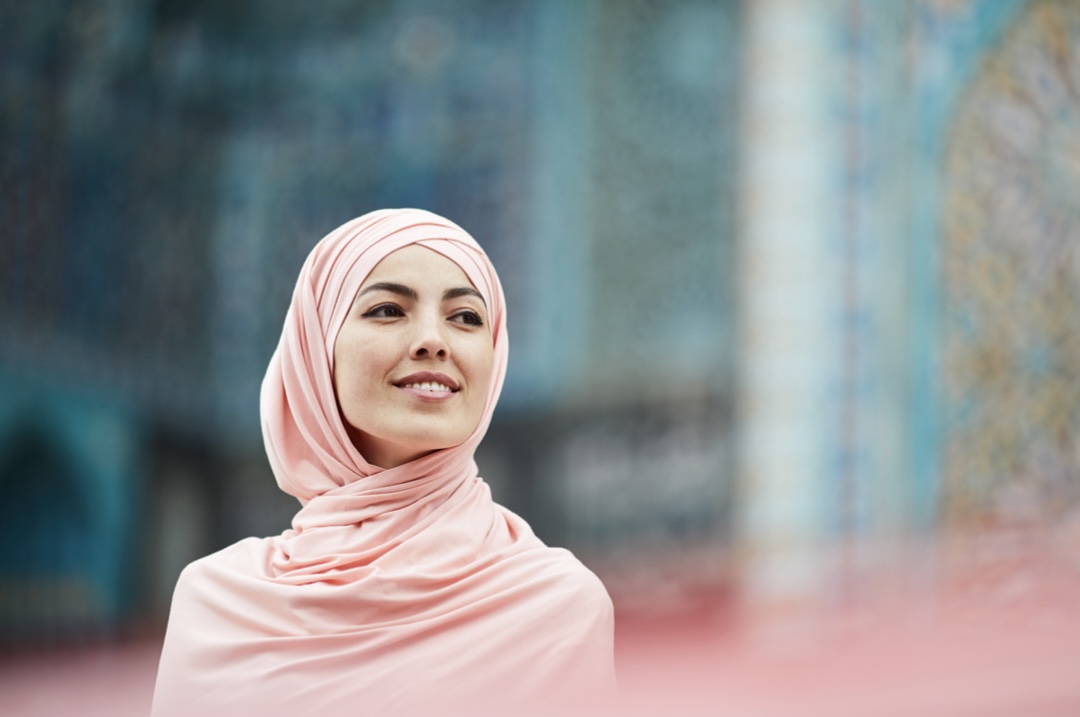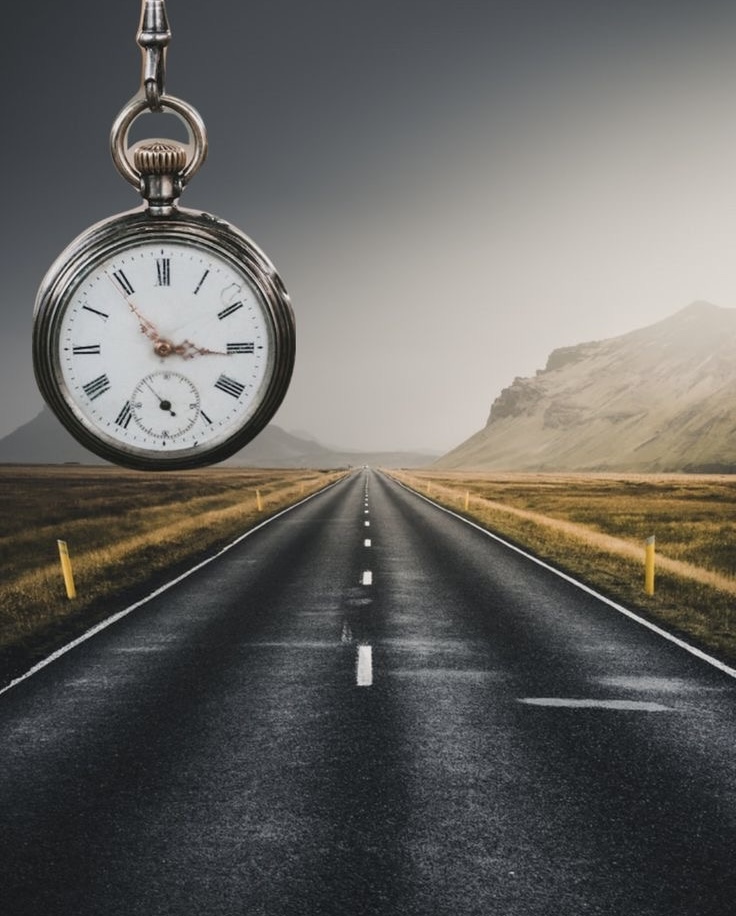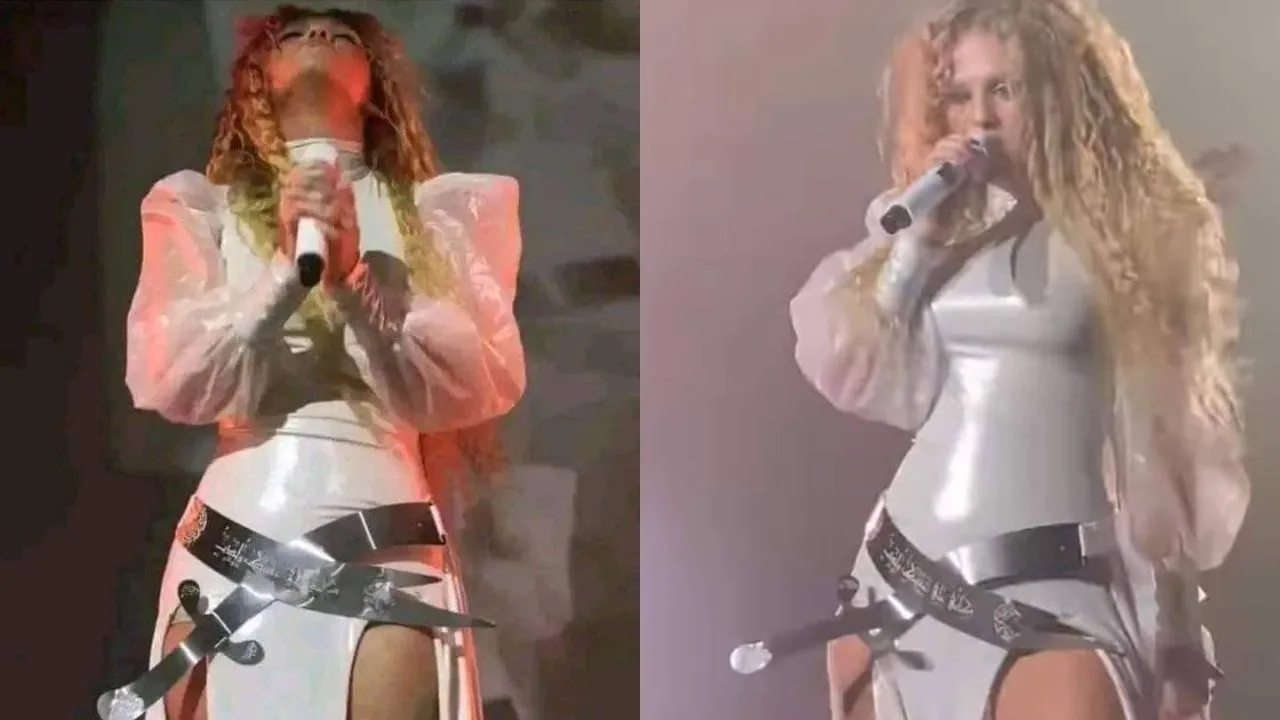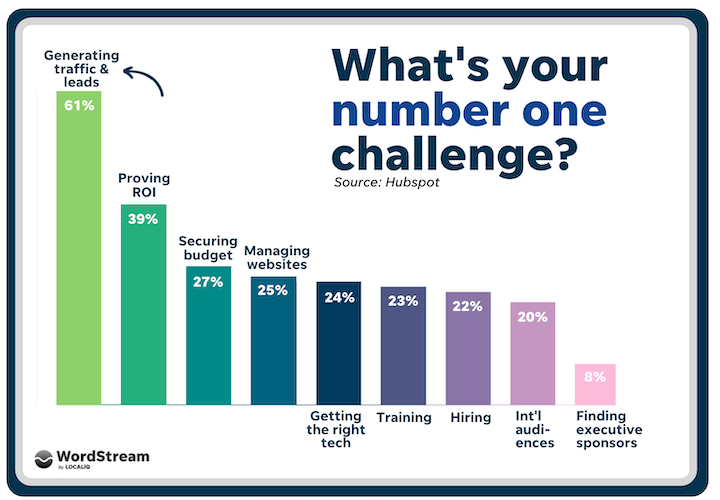Hijabi Perspective: What Does “Freedom” Mean For Hijabis?
People often ask, “Does hijab constitute a form of oppression”? Hijab is not a form of oppression; instead, it is an expression of freedom. The idea of the hijab becoming... The post Hijabi Perspective: What Does “Freedom” Mean For Hijabis? appeared first on About Islam.

People often ask, “Does hijab constitute a form of oppression”? Hijab is not a form of oppression; instead, it is an expression of freedom. The idea of the hijab becoming an oppression still lingers nowadays.
I think that idea is not something that came about coincidentally. It comes from people who have some kind of imperialist view.
Also, it’s because hijabis dress seems not to fulfil the idea that exists in society nowadays.
Actually, oppression is not how it applies to Muslim women nowadays. At least for me and my surroundings, where the majority of the people are Muslims.

As a hijabi who grew up in a Muslim environment, my father didn’t force me to wear a hijab, but indeed, my surroundings played a part in my decision to wear a hijab at first.
But the more I grow up, the more I find the benefits of it. It’s becoming more comfortable, and there’s no feeling of oppression at all.
The thing that needs to be emphasized is that Islam does not oppress women behind the hijab. But Muslim women choose to follow it.
If oppression is projected based on its appearance, then it is actually the hijabis themselves becoming a boundary, which could also be perceived as a form of protection.
The issue of hijab was decided and made clear more than 1400 years ago, first by the Qur’an, then by the Sunnah, and furthermore by the consensus of Muslim scholars.
In the glorious Qur’an, it says;
O Prophet! Tell thy wives, thy daughters, and the women of the believers to draw their cloaks close around them when they go abroad. That will be better, so that they may be recognized and not annoyed. Allah is ever forgiving and merciful.}
(Al-Ahzab 33:59)
In another verse of the Qur’an, it also says:
{And tell the believing women to lower their gaze and be modest, to display of their adornment only that which is apparent, and to draw their veils over their bosoms.}
(An-Nur 24:31)
If there is a case where a Muslim woman is oppressed or, by easy means forced to wear hijab, it’s because of her circumstances.
As a hijabi, I want to say that hijab exists not to oppress women but as a form of protection for women.
Does Hijab Hinder Women’s Freedom?
There are some people who misunderstand the word “freedom” and then project onto the freedom of hijabi women the idea of taking their hijab off.
What Does “Freedom” Mean?
Based on literature, the Cambridge Dictionary defines freedom as:
“The condition or right to live the way you want, say what you think, and make your own decision without being controlled by anyone else”.
Mostly, people understand freedom by doing whatever they want to. However, in society, people hold different beliefs. It makes people have different views of things.
Thus, the way people express “freedom” is different. For some, their freedom is expressed by being able to do what they want to, but not as freely as whatever they want to. Their freedom still works as their right to live the way they want.
Even Hijabis looked restricted because they covered almost all parts of their bodies, but that doesn’t mean they couldn’t express themselves regarding their appearance.

The hijab itself is how hijabis express themselves. So, hijabi women’s freedom works when they are allowed to wear their hijab peacefully in public space.
Personally, my own definition of “freedom” is being able to do or express ourselves based on what we believe in. So, hijab is an expression of freedom, not a form of oppression.
Read Also:
- 4 Tips to Wearing Hijab Safely in the West
- That Is How I Fell in Love with Wearing Hijab!
- What Wearing Hijab Means to You Today
Click the link below to submit your article.
The post Hijabi Perspective: What Does “Freedom” Mean For Hijabis? appeared first on About Islam.
What's Your Reaction?













![Study Classical Texts The Traditional Way [Session 3] | Sh. Yaser Birjas](https://c7c8edde.rocketcdn.me/wp-content/uploads/3-31.jpg)









![Canva Tutorial For Beginners | How to Use Canva Like PRO [FREE] | Canva Full Course](https://img.youtube.com/vi/yWJp7gQqCQ8/maxresdefault.jpg)
